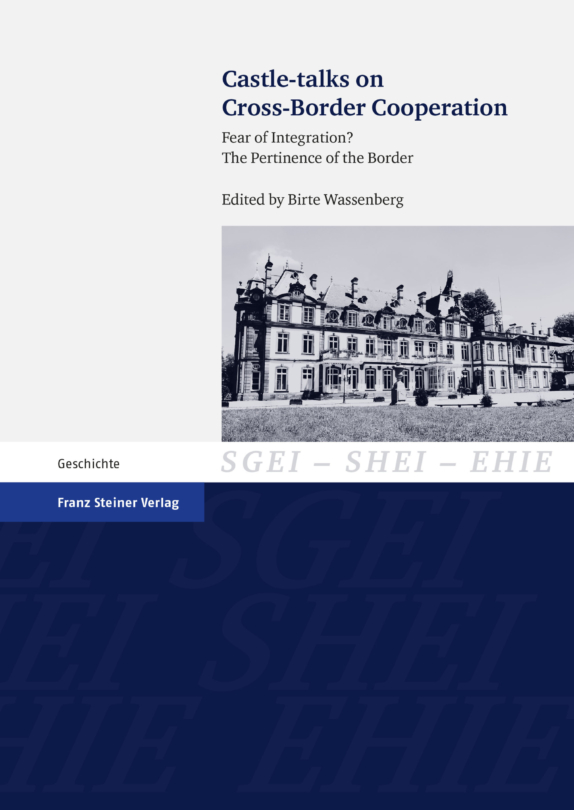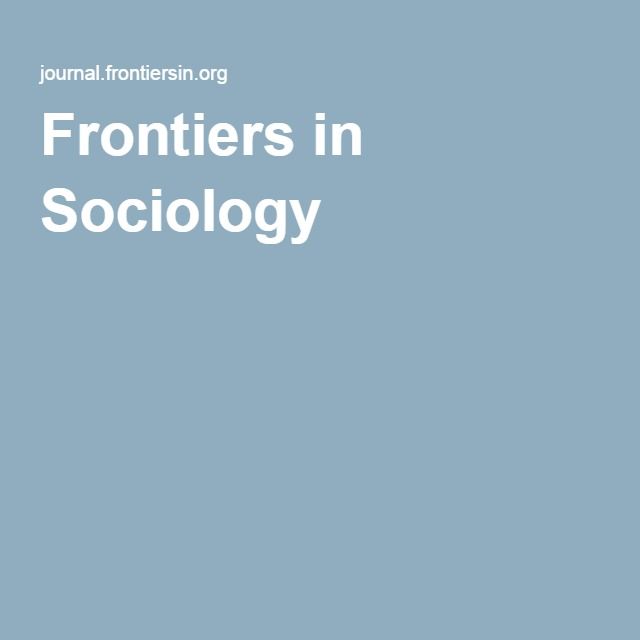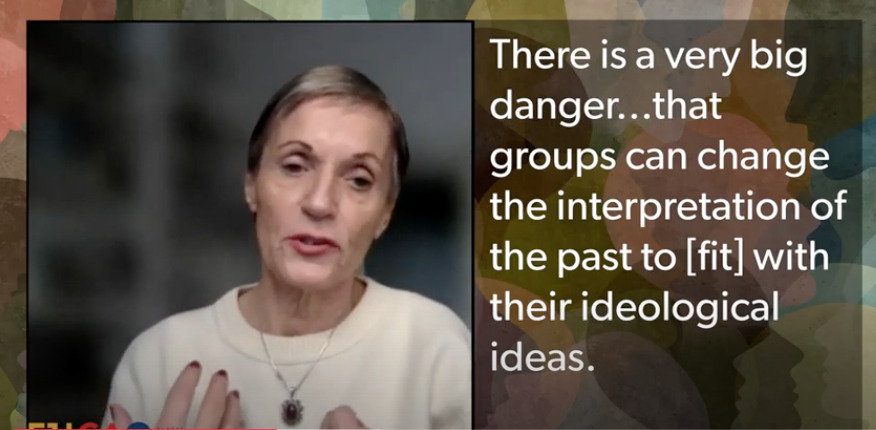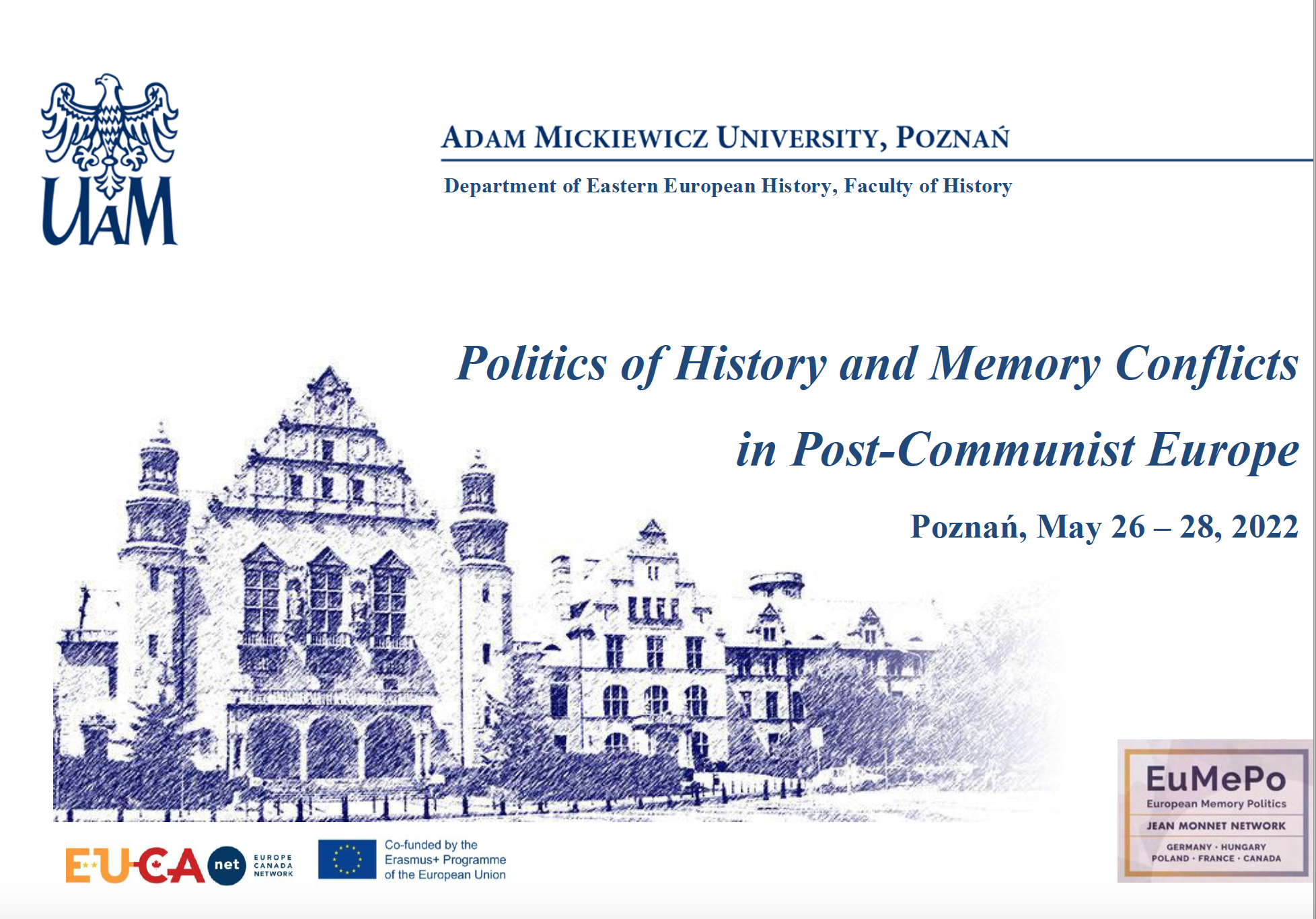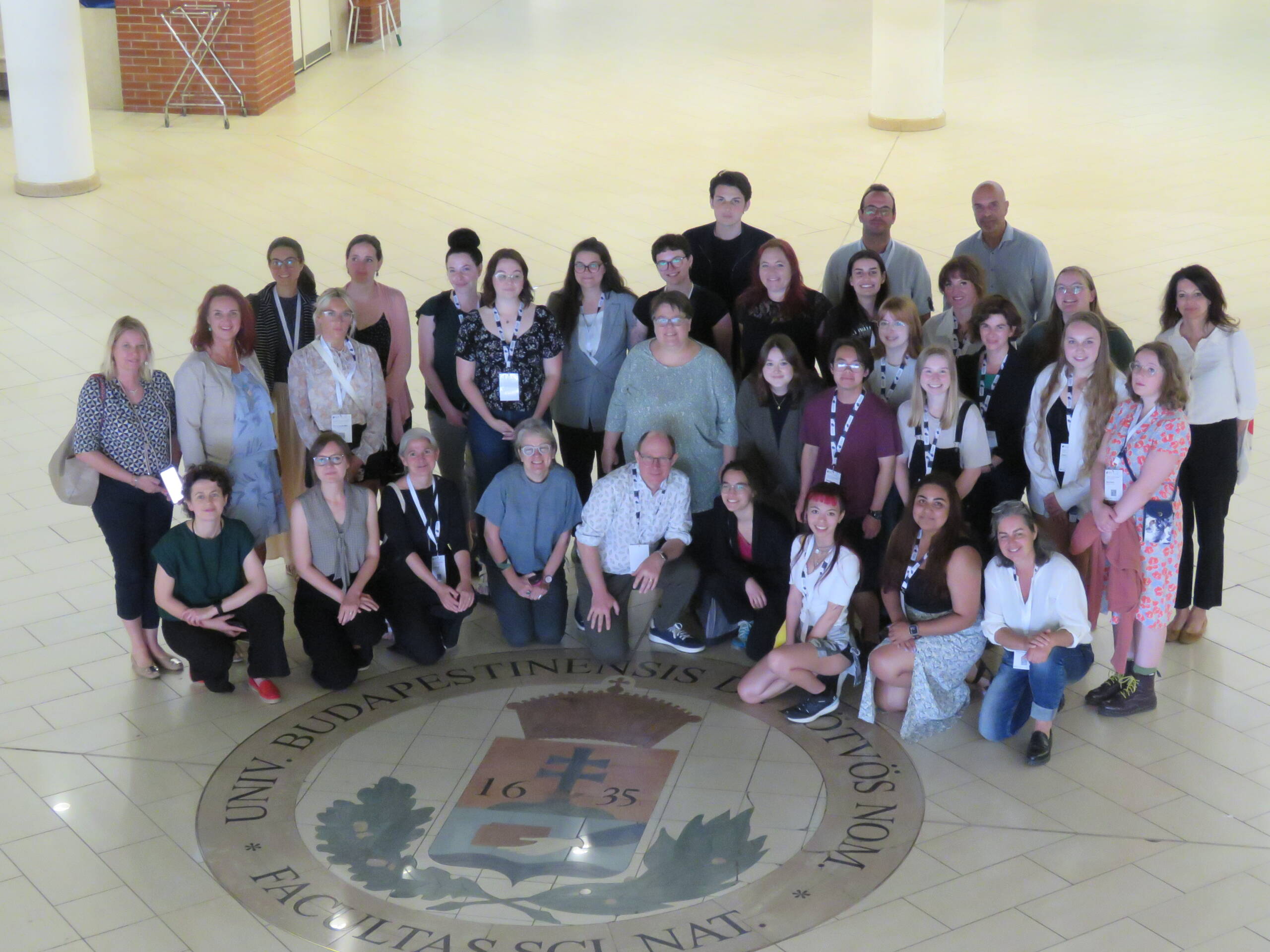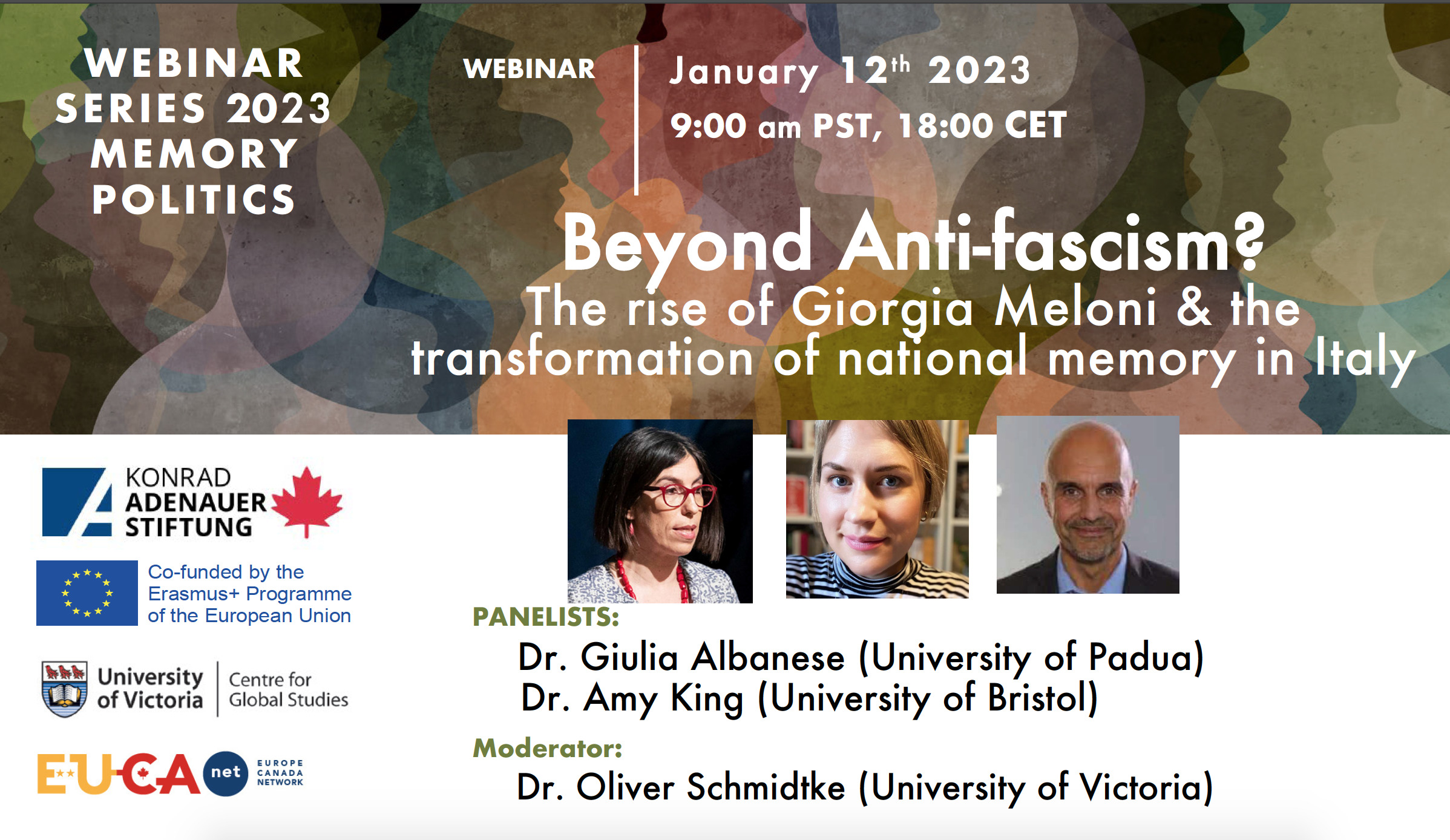Polish-German Border: a Laboratory of Transnational Cooperation
Halicka, Beata (2018). Polish-German Border: a Laboratory of Transnational Cooperation, in Wassenberg, Birte (ed.), Castle Talks on Cross-Border Cooperation. Fear of Integration? The Pertinence of the Border. (Franz Steiner Verlag, Stuttgart), 305-320.
In Europe, the Schengen crisis, spurred off by the unexpected migration flow in 2015, led to a re-questioning of the functions of “borders” in European integration. Especially the ideal of a “Europe without borders” is crumbling and the re-introduction of border controls in several EU member states not only slows down the process of European Integration, but also represents an obstacle to cross-border cooperation. One of the main consequences of this crisis is also growing euroscepticism and a new fear of integration which might even lead to the disintegration of the EU. The present publication regroups the contributions to four “castle-talks on cross-border cooperation” organized at the château Pourtalès, in Strasbourg, between 2012 and 2016, in the framework of Birte Wassenberg’s Erasmus and Jean Monnet activities supported by the European Commission. In her chapter, Beata Halicka focuses on the theoretical link between borders, international relations and cross-border cooperation, in the case of the Polish-German border. The chapter also examines instances of cross-border governance and how the Polish-German border carries profound historical significance.
